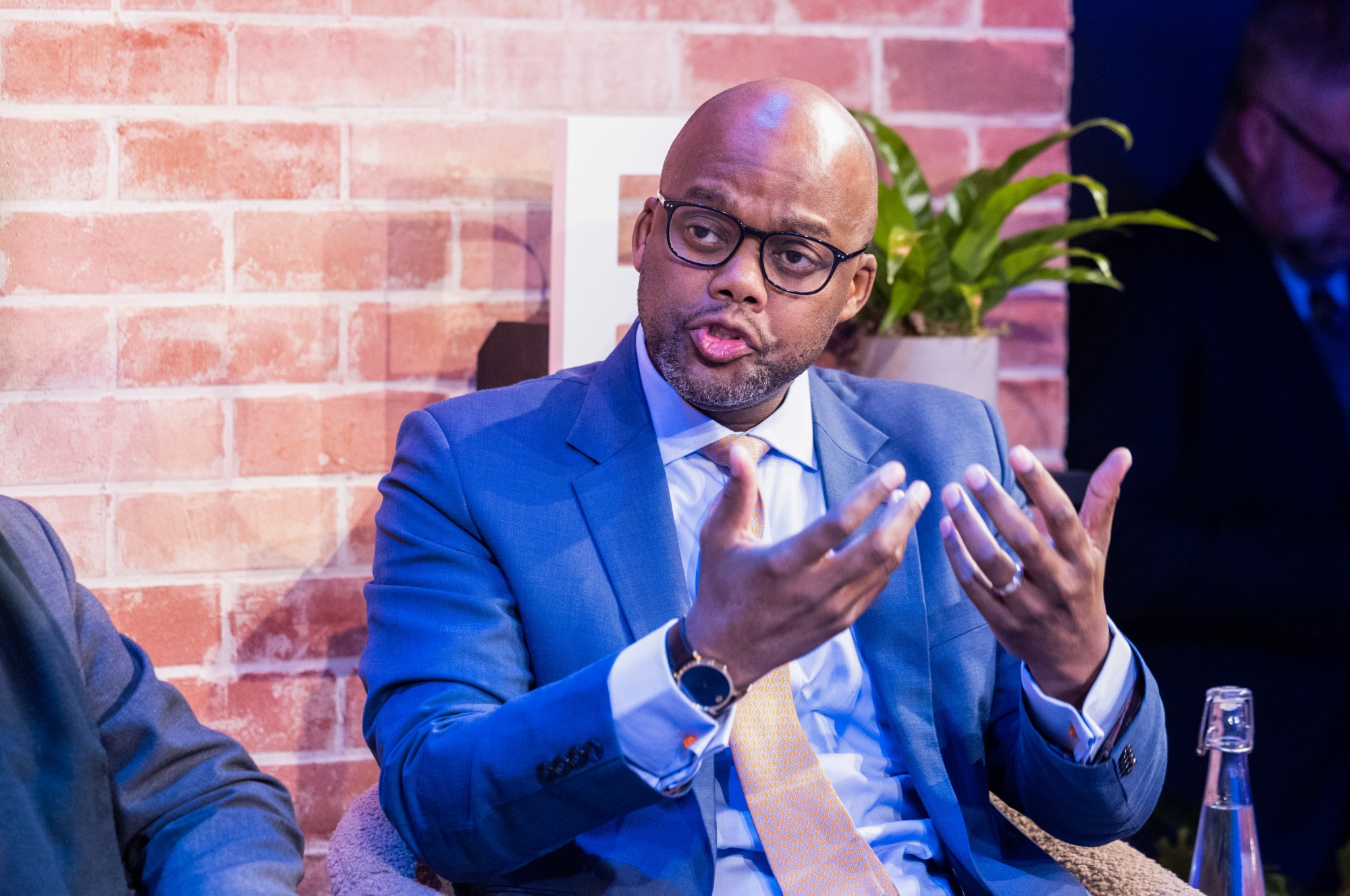31 African nations are on the brink of embracing the principles of the African Continental Free Trade Area (AfCFTA), in 2024, a significant leap from the seven countries that participated in 2023.
AfCFTA Secretary-General Wamkele Mene revealed this development at a World Economic Forum panel in Davos, underlining the region’s commitment to creating a single market.
The 2023 trial run of AfCFTA included the trade of processed agricultural products, manufactured goods, and services. Notable examples include Uganda exporting excess milk to Algeria and a Ghanaian ceramic-tile manufacturer shipping products to Cameroon, with AfCFTA facilitating a noteworthy 20% reduction in duty.
This year’s expanded pilot will introduce a pan-African payments and settlement system utilizing local currencies, addressing the continent’s foreign-exchange shortages and convertibility limitations. Mary Vilakazi, the incoming CEO of FirstRand, emphasized that the new system aims to reduce the frictional cost of trade, estimated at about $5 billion annually, which could be redirected back into the economies.
Trade ministers are actively formulating regulations on digital trade, foreseeing a boost in online commerce within the continent. According to Mene, the African Development Bank projects the region’s digital economy to surge from $115 billion in 2023 to a staggering $712 billion by 2050.
AfCFTA, with its potential market of 1.3 billion people and a combined GDP of $3.4 trillion, is poised to become the world’s largest free-trade zone by area when fully operational by 2030. The World Bank anticipates an 80% increase in intra-regional trade, reaching $532 billion by 2035, fueled in part by improved technology-driven efficiency.



